More than 40% of Britain’s recession-scarred workers expect to receive a pay freeze or a cut to their wages this year despite George Osborne’s claim to have restored living standards, ensuring they would “grow strongly every year for the rest of the decade”.
Just one in five of these workers expect their pay to rise by 2% or more in 2015, according to a new survey by information provider Markit, raising doubts about whether economic recovery can be sustained.
More than a third of the 973 households surveyed earlier this month expected a pay freeze this year, while 7.5% are braced for a cut. Expectations of flat or falling wages were most pronounced in the public sector where 45% of workers saw these outcomes as most likely. That compared to 40% in the private sector.
Average pay-rise expectations were progressively weaker moving down the pay scale from high-earners to low-earners, the survey showed, though it had been carried out shortly before the prime minister announced the minimum wage would rise by 20p, to £6.40, from October.
George Osborne has insisted that strong pay growth and zero inflation mean living standards are rising as voters prepare to give their verdict on the government’s “economic plan” in May’s general election.
But Markit’s chief economist, Chris Williamson, said the responses suggested average pay growth was likely to be little more than 1% this year — well below the 3.5% forecast by the Bank of England, which its governor Mark Carney has said will deliver the strongest rise in real take-home pay for a decade.
“Like many others, the Bank of England is expecting a revival of pay growth to help support ongoing robust economic growth this year. This data suggest policymakers are likely to be disappointed,” Williamson said.
He added that weaker pay growth could mean the Bank’s monetary policy committee will leave interest rates at their record low of 0.5% for at least the rest of this year.
Household spending has been key to supporting the recovery in economic growth over the past 12 months, but it has been partly driven by consumers dipping into their savings. Without a stronger rise in wages than the 1.6% growth rate registered in the latest official figures, consumer demand growth could peter out.
One member, Bank chief economist Andy Haldane, recently cited weak wage growth as a key reason the next move in interest rates may actually have to be down, instead of up, but others, including Carney, have insisted borrowing costs are heading up.
Markit suggested the only sign of wage inflation is in new hires, where firms are sometimes having to pay more to win the right candidate. But the vast majority of employees, who have not changed job, appear to be struggling to negotiate a rise, particularly with inflation at the lowest level on record.
“Like many others, the Bank of England is expecting a revival of pay growth to help support ongoing robust economic growth this year,” said Williamson. “These data suggest policymakers are likely to be disappointed, meaning economic growth is likely to fall short of the 2.9% ... currently being forecast by the Bank for 2015.”
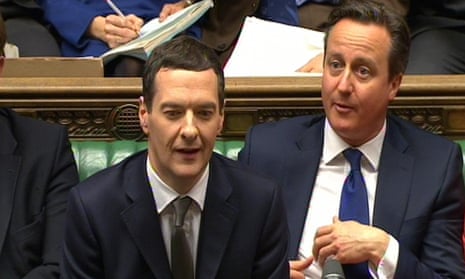

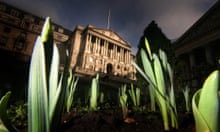
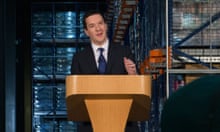
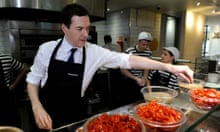

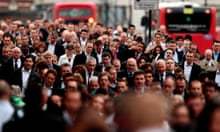
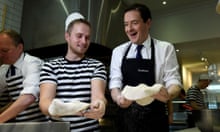


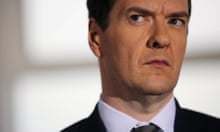
Comments (…)
Sign in or create your Guardian account to join the discussion